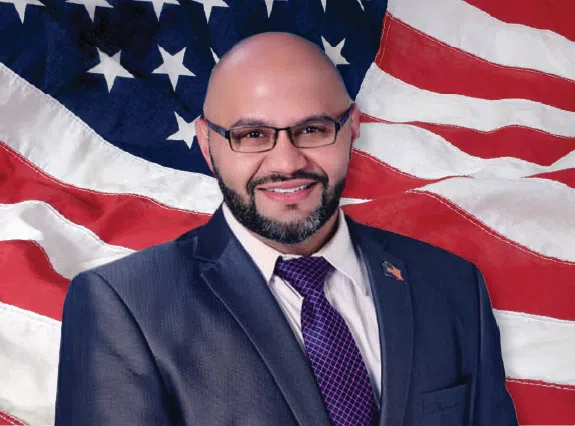Delaware became the 11th state to legalize doctor-assisted suicide on Tuesday when Democrat Gov. Matt Meyer signed the controversial bill into law.
“We’re acknowledging today that even in the last moments of life, compassion matters,” Meyer said at the bill signing. “Every Delawarean should have the right to face their final chapter with peace, dignity, and control.
“This signing today is about relieving suffering and giving families the comfort of knowing that their loved one was able to pass on their own terms, without unnecessary pain, and surrounded by the people they love most.”
In March, the Delaware House of Representatives passed HB140, which gives some terminally ill patients the right to end their own life. The law specifies that the only mentally capable adults who have been given a diagnosis of six months or less can request life-ending pharmaceuticals. The bill is similar to the one vetoed by previous governor John Carney, who maintained a moral objection to the proposed law.
“Today, Delaware joins a growing number of states in recognizing that end-of-life decisions belong to patients — not politicians,” Meyer said. “This law is about compassion, dignity, and respect. It gives people facing unimaginable suffering the ability to choose peace and comfort, surrounded by those they love. After years of debate, I am proud to sign HB 140 into law.”
Delaware now joins Vermont, Oregon, Washington, New Mexico, New Jersey, Montana, Maine, Hawaii, Colorado, California, and Washington, D.C., in offering some version of physician-assisted suicide. Canada, Germany, the Netherlands, and Switzerland also have joined the “dying with dignity” movement.
Speaking to LifeNews, Carol Tobias of National Right to Life condemned Meyer’s signing.
“Delaware’s new law puts lives at risk,” Tobias said. “Assisted suicide laws offer no compassion, no hope, and no help for vulnerable members of our society. … So-called safeguards do not work. No safeguard can fully prevent subtle pressures, as evidenced by Dutch Alzheimer’s cases where patients were euthanized despite earlier expressions of doubt or resistance, including a widely reported case in which a woman was euthanized against her will while being physically restrained by her family and doctor.”
While the practice is expanding, it remains controversial not only for those with religious and moral convictions but for what has become a loose application of the law. Last year the Associated Press uncovered several cases in Canada in which patients asked to be killed for reasons such as loneliness, homelessness, and depression and not for any terminal physical illness.
© 2025 Newsmax. All rights reserved.






